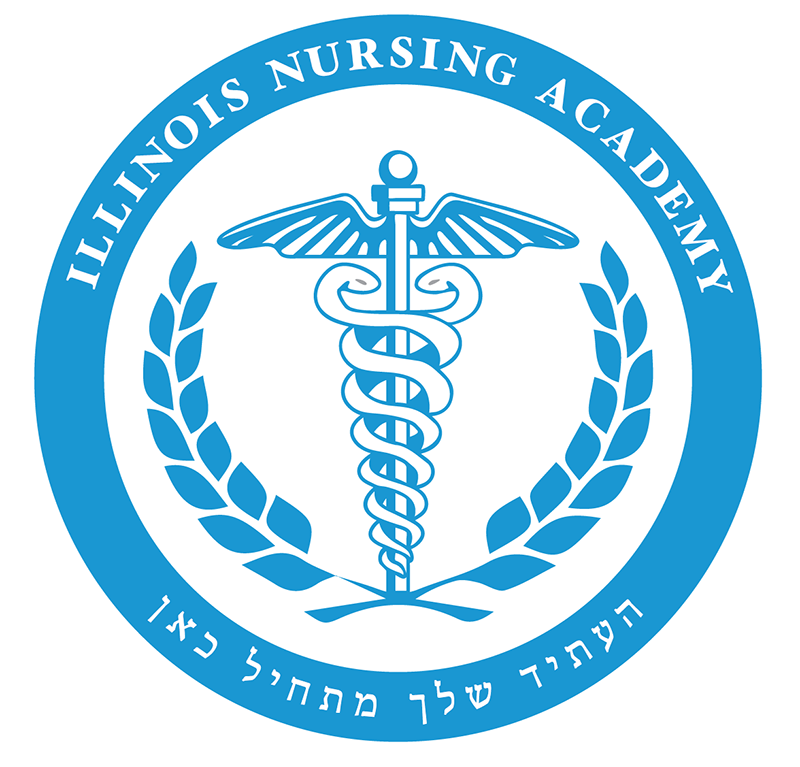- Delivering Vital Patient Care: CNAs, often at the forefront of healthcare, execute hands-on tasks essential for patient well-being. In hospitals and long-term care settings, their duties encompass drawing blood, collecting samples, aiding in hygiene, and monitoring vital signs. This personalized care not only meets patients’ needs but also upholds their dignity, ensuring they don’t have to depend solely on busy nurses or reluctant family members.
- Providing Support and Companionship: With more time for personal interactions, CNAs become valuable companions for patients and their families. In contrast to nurses managing time constraints, CNAs cultivate trust and rapport, encouraging patient compliance with healthcare directives. Building such relationships may also prompt patients to share crucial information, enhancing the overall quality of care.
- Assisting and Supporting Nurses: Recognizing the demanding nature of nursing roles, CNAs step in to provide essential support. From administering medications to patient monitoring, CNAs assist nurses, contributing to a more efficient and comprehensive patient care approach.
- Championing Patient Well-being: In certain healthcare settings, CNAs spend extensive time with patients, allowing for close monitoring between visits from nurses or primary healthcare providers. This prolonged presence enables CNAs to identify symptoms, concerns, or behaviors that might be overlooked. By advocating for patients and alerting the healthcare team, CNAs play a pivotal role in ensuring holistic care, particularly when patient families are unable to visit regularly.
Closing Thoughts: While the above points underscore the importance of CNAs, the ultimate answer to “Why are CNAs important?” lies in their irreplaceable contribution to patient care. Above all, sincere thanks and acknowledgment go a long way in recognizing the commitment and value that CNAs bring to the healthcare landscape.

